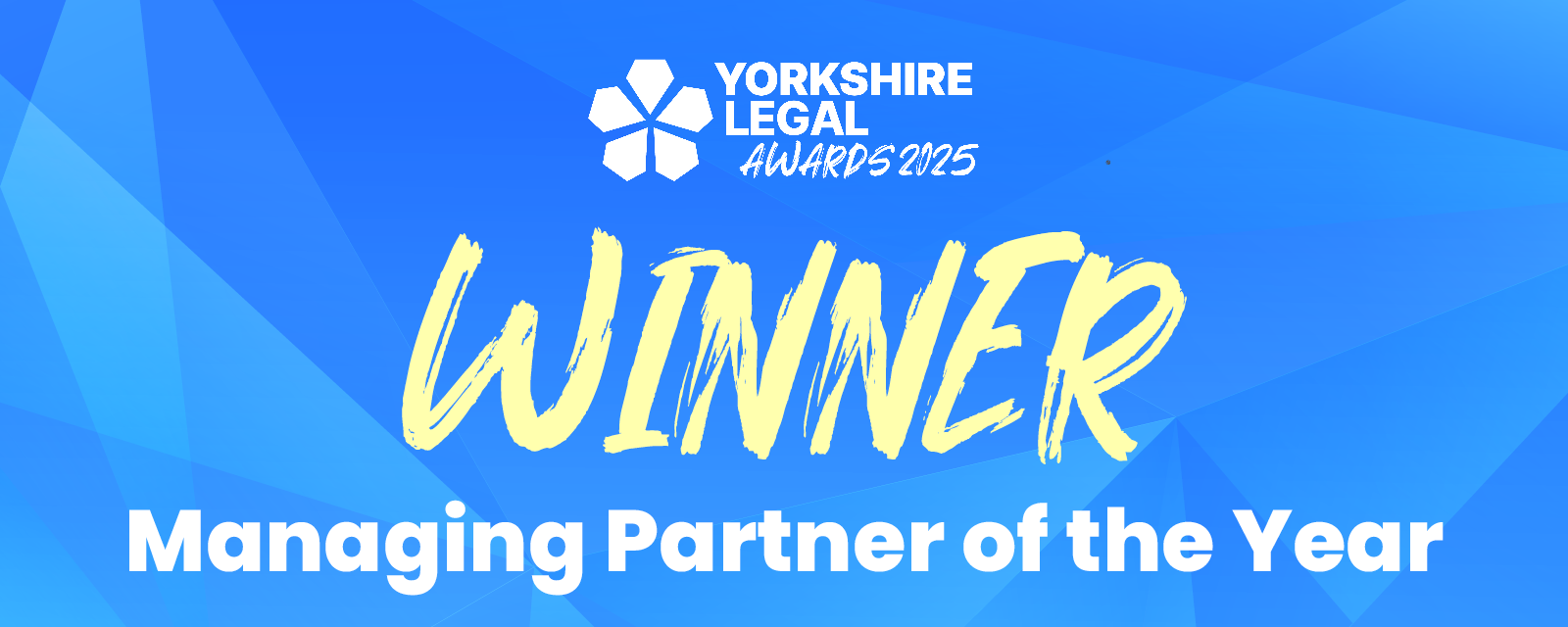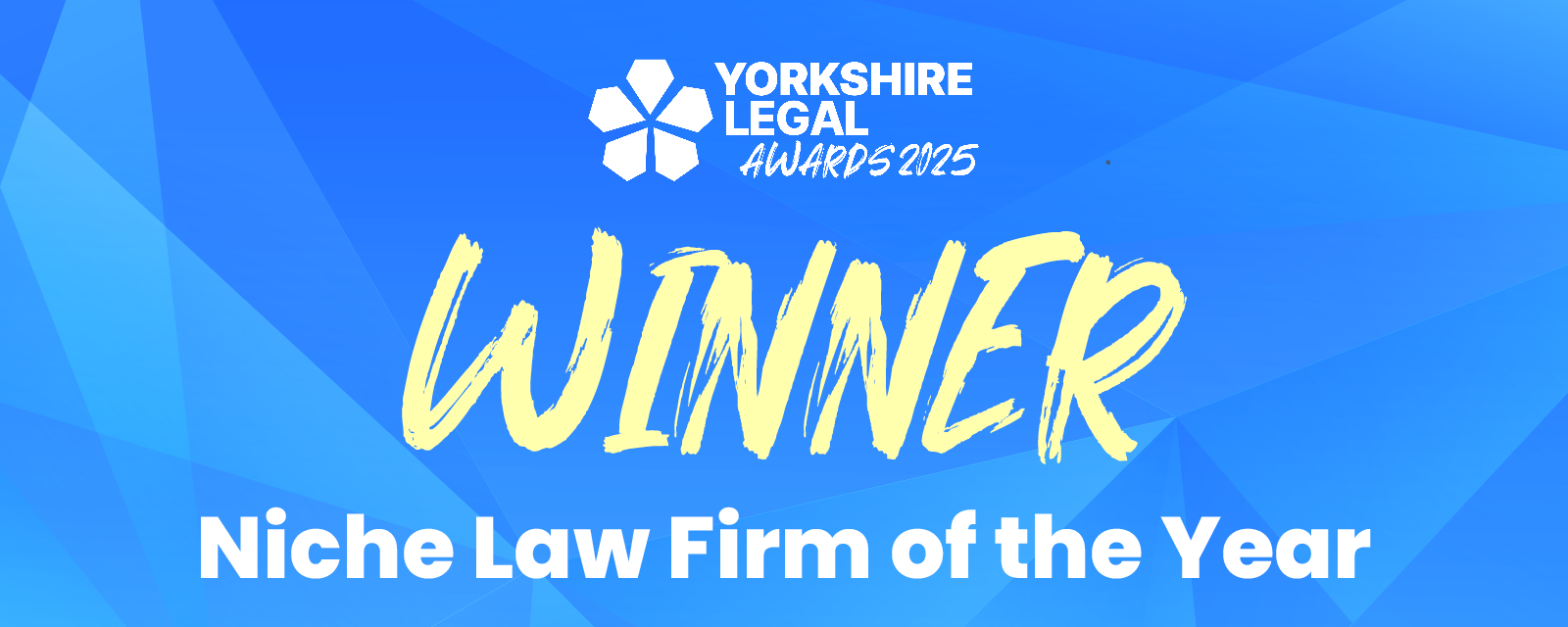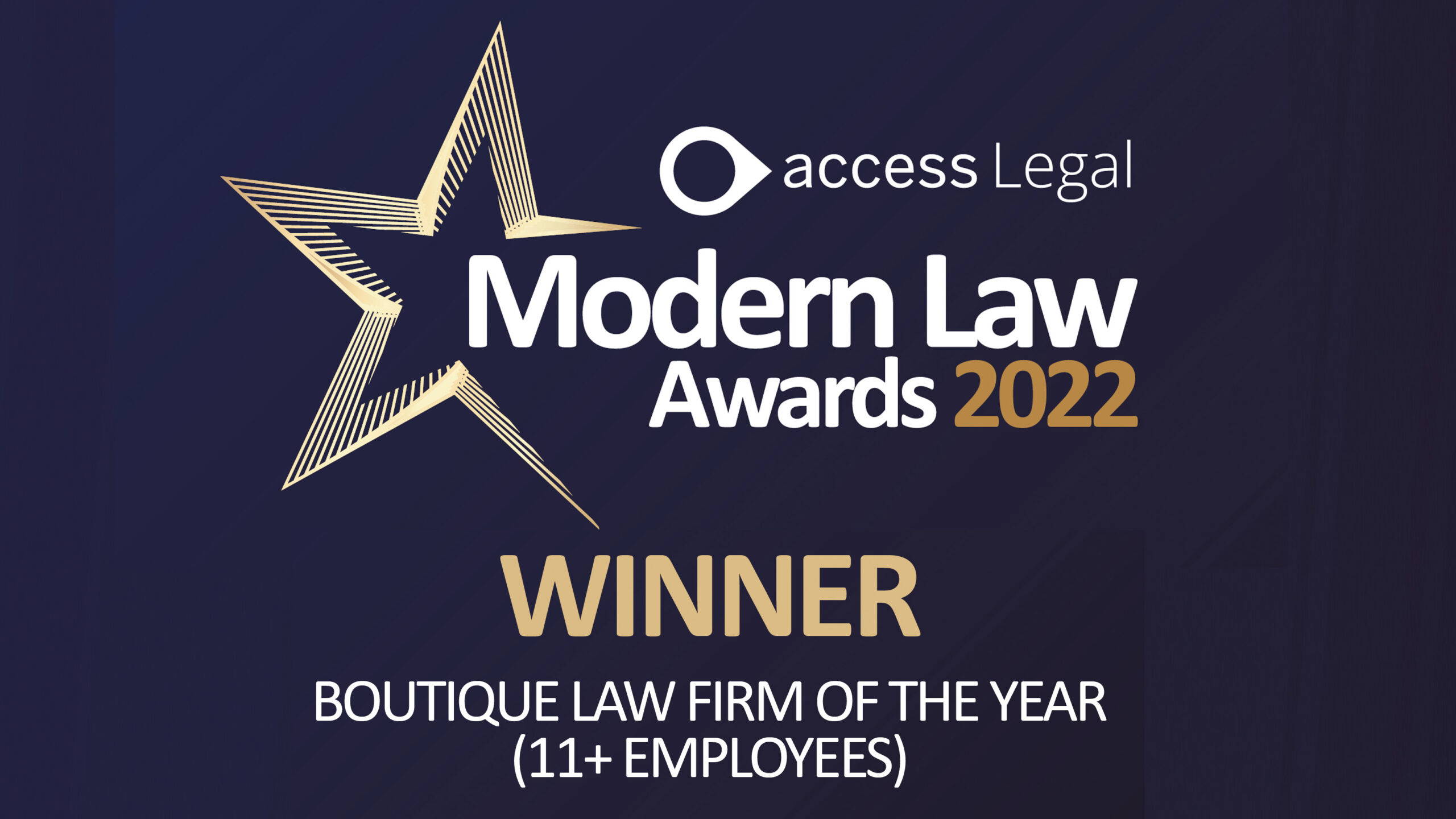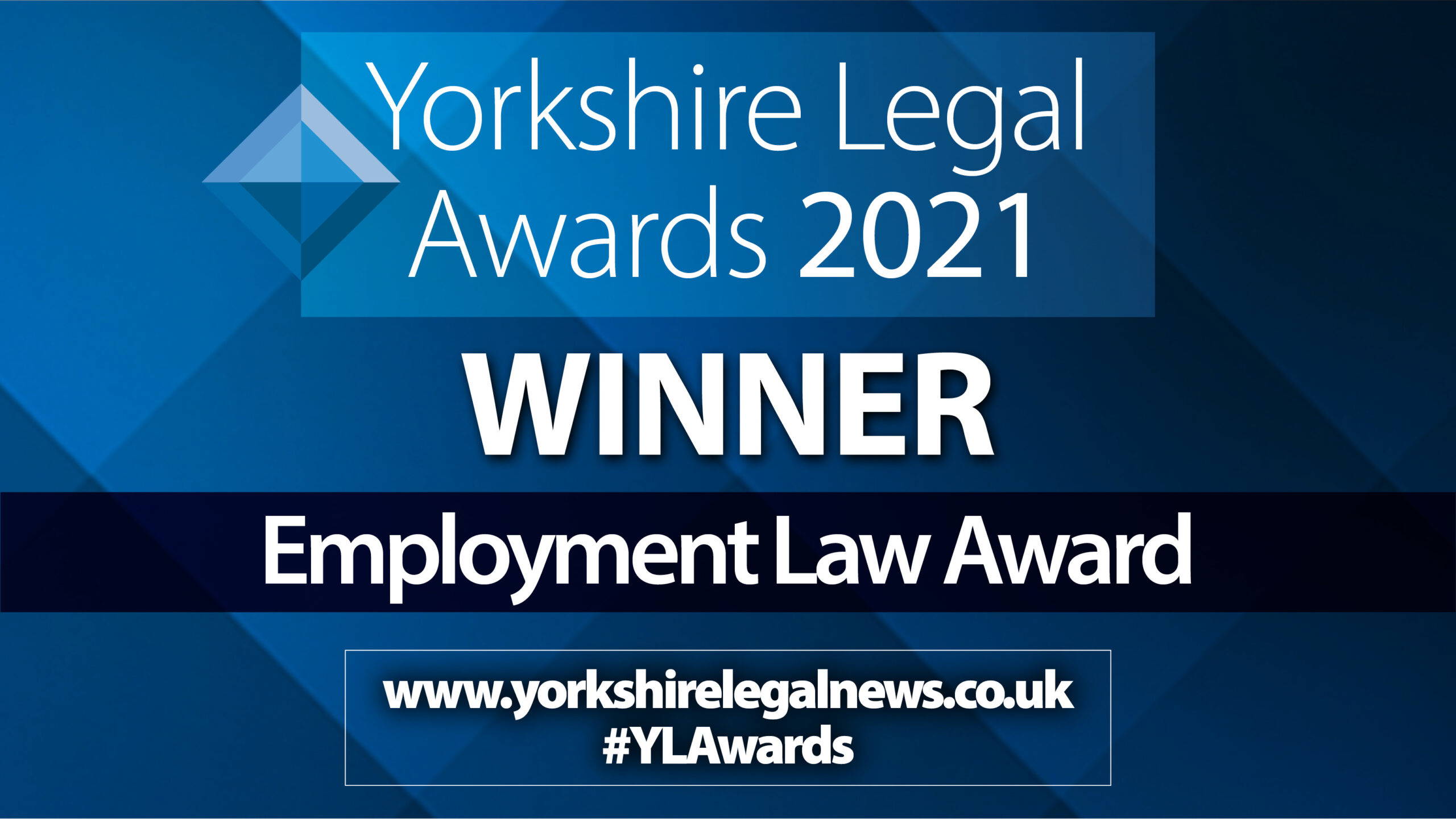Unconscious bias is a word that we hear thrown about an awful lot on social media, in debates, in legal cases, and online. But what is it, what does it mean, and how do we tackle it?
What is unconscious bias?
When we make judgments or decisions about an individual or group of people on the basis of our prior experiences, our own deep-seated thought patterns, assumptions, or interpretations, it is known as unconscious bias. Much of the time we are unaware that we are doing it, hence the unconscious.
Actively choosing to judge or make decisions about someone because of who they are, is prejudice.
Why is unconscious bias so prominent in society?
Each one of us tends to believe (and wants to believe) that we are fairer and less prejudicial than the average person. However, this is usually because we as humans like to create an effect of a self-serving attribution bias.
We spend a lot of time with people who tend to share the same unconscious biases without even knowing.
Despite it being quite common, unconscious bias is far more prevalent than conscious prejudice and is often incompatible with our conscious values.
When is unconscious bias more likely to occur?
If you are in particular scenarios, unconscious bias can be more easily activated, for example:
- when multi-tasking or working under pressure;
- talking about topics such as BLM or #MeToo;
- in recruitment.
Unconscious bias in employment
I attended an unconscious bias training recently in which employment was discussed in relation to our unconscious biases in who we hire, who we promote, and how some employees are treated differently.
An interesting activity took place whereby several photographs of individuals were shown on screen and each attendee of the training was asked whether they would hire that person. Without any hesitation, many individuals were quick to subconsciously prejudge some of the people in the photographs and say that they would not hire them. Reasons included because they were “overweight”, “looked bossy, and did not wear a suit to the job interview”.
Despite those examples being quite extreme examples of unconscious bias, it was an eye-opening activity to gain an insight into how employers may prejudge you when they probably shouldn’t and hadn’t necessarily intentionally done so, but in some cases, it could potentially lead to discrimination claims where the bias is because of a protected characteristic such as race, sex, age disability etc.
How can we help?
If you think you have been discriminated against at work or in recruitment get in touch for a FREE initial assessment by emailing a brief chronology of what happened to enquiries@thrivelaw.co.uk
From tribunal claims to draft grievances and appeal letters. We know how daunting the legal process can be for employees, we are here to help. We will take off your case from start to finish ensuring you know exactly where you stand.
We can also support individuals by negotiating settlements agreements with your employer to get the best possible outcome for you. We provide these services whilst being completely as transparent as possible with you about the legal cost.
Before commencing work on your behalf, we shall do an initial review and then inform you of any additional costs and ensure you fully understand how your legal fees are calculated, in writing, before proceeding with any case.
Whilst most firms operate on an hourly rate, we prefer to offer our clients a fixed fee (wherever possible) to assist our clients in managing their legal costs.
Disclaimer
Please note this blog is for reference purposes only. It does not constitute legal advice and should not be relied upon as such. Specific legal advice about your specific circumstances should always be sought separately before taking or deciding not to take any action. Please contact us if you have any questions on enquires@thrivelaw.co.uk









